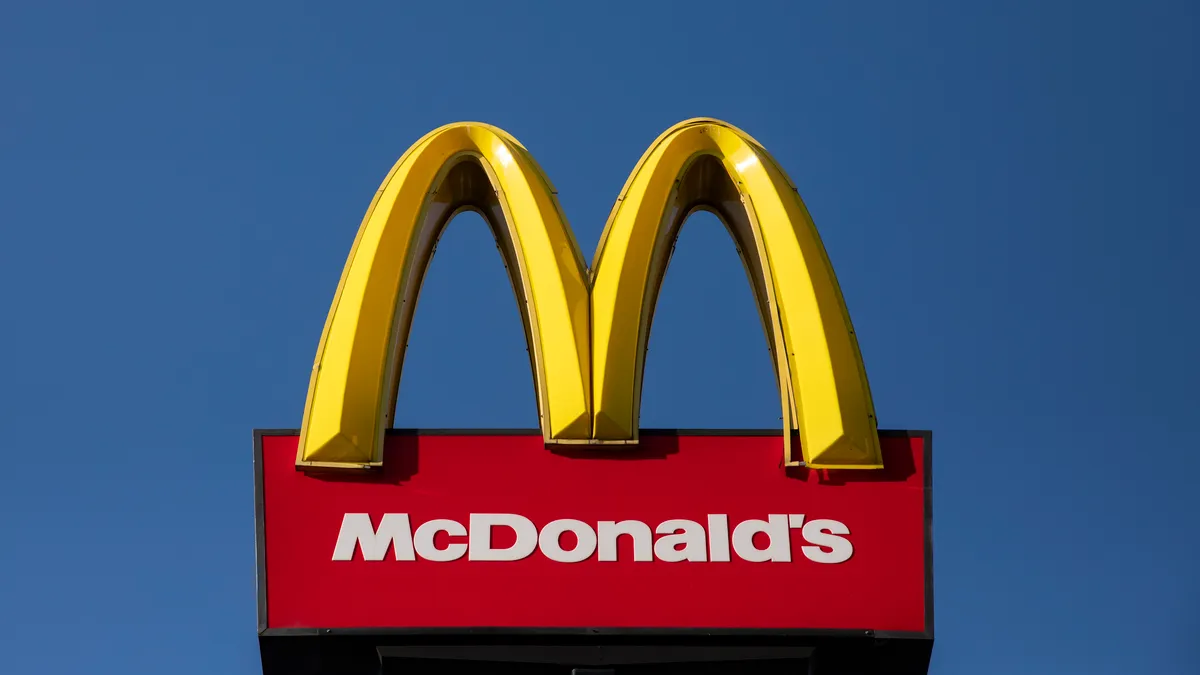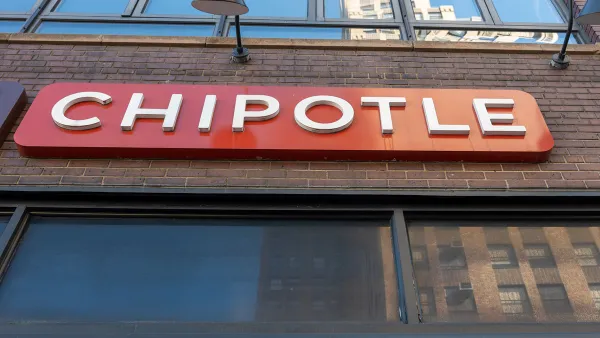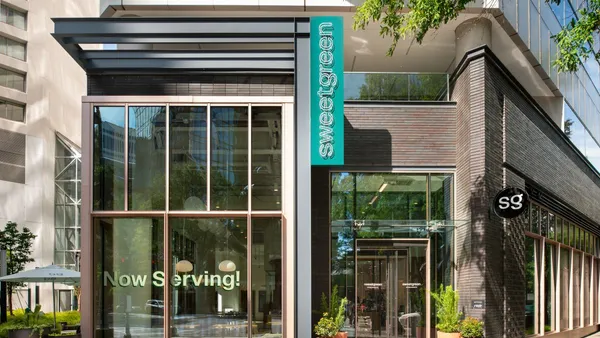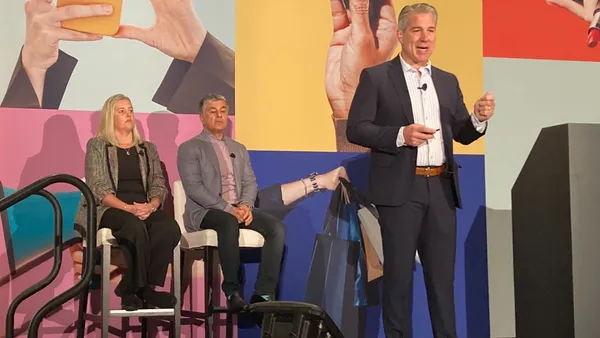Dive Brief:
- McDonald’s announced it is cutting the technology fees it planned to charge U.S. franchisees by 62%. This equates to about $42 million, from the $68 million communicated to the system in December.
- Bloomberg reports the change was made after a third-party review was conducted of the technology fees. The independent review was announced in February at the request of the National Franchisee Leadership Alliance, made up of McDonald’s operators, who contested they owed any tech-related debt.
- According to an internal memo obtained by Bloomberg, the change was made to “reset” the relationship between corporate and franchisees. Tension between the two factions escalated after the fees were initially announced, leading to operators cutting off nonessential communication with corporate and pushing for the formation of a technology co-op to gain more control over spending decisions.
Dive Insight:
The back-and-forth with franchisees persists for McDonald's despite an otherwise strong performance for the chain during the pandemic for the chain as it saw 5.5% same-store sales growth in Q4, record-high revenues and more profitable restaurants.
Though McDonald's claims operators were made aware of the new fees well in advance, several franchisees have publicly said they were caught off guard by the tech fee announcement, adding that their technology costs have increased 10-fold in 10 years. Operators have added this issue is “irrefutable,” claiming they do not owe any funding for a lag in technology investments, Restaurant Business reported.
Perhaps ironically, McDonald’s restaurants were somewhat insulated in part because of the company’s technology infrastructure. The chain generated nearly $1.5 billion in digital sales for Q1 2021 through its app, kiosks and delivery, for example.
That said, McDonald’s technology hasn’t been a sole silver bullet, either. In March, reports surfaced that the company was considering the partial sale of Dynamic Yield following franchisee complaints that the artificial company was not driving the sales boost they expected.
McDonald’s also shifted its remodel strategy in 2018 after franchisee discontentment over the hastened pace of the costly initiative. Such compromises are critical — 95% of McDonald’s U.S. system is franchised, so tensions between operators and corporate could have significant implications on the business.
It’s unclear at this point whether the reduction, however, will ease current tensions. Though 62% is a large trim, $42 million remaining is still a significant number. The company seems willing to find a solution once again, which is progress compared to just a month ago, when several franchisees were threatening legal action over the tech fees. Finding a compromise this time around may be even more critical to long-term success in a post-pandemic environment as the chain prepares to roll out its new loyalty program and as a vast majority of consumers plan to hold onto their digital behaviors.













